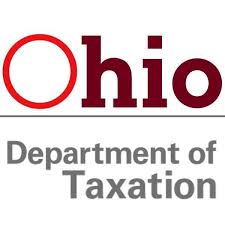City of Columbus and Franklin County have joined to provide $8 million dollars to help small business through the pandemic – Here is how to apply.
That’s right! Columbus has announced that they will be allocating an additional $8 million to a grant program for small businesses. Grants from the Columbus-Franklin County Recovery Fund can range from $5,000 to $20,000 and are available for immediate access.
To be eligible for-profit small businesses must meet the following requirements:
- Be located in the City of Columbus or Franklin County
- Have 25 full-time employees or less
- Have documentation showing the pandemic caused at least a 25% loss in sales.
- Began operations prior to March 17, 2020
- Are currently open and operating
- Be owned by an owner that is at least 18 years or older
The intention of the grant is to help and prioritize businesses located in underserved communities that are minority-, women-, or veteran-owned. As Mayor Andrew J. Ginther said, “minority- and women-owned businesses were more likely to miss their chance or be passed over for Paycheck Protection Program loans from the federal government. By putting these entrepreneurs at the front line for local funding, we hope to support businesses disproportionately impacted by the pandemic.”
How are the grants allocated and how can they be used?
According to a City of Columbus press release: business owners can apply for one of three grants:
- $5,000 recovery grant: For self-employed, single entity, sole proprietors and sole owner LLCs
- $10,000 recovery grant: For small businesses with at least one full-time employee
- $20,000 job restoration grants: For businesses with at least one full-time employee that lost employees due to the COVID-19 pandemic. Business who are selected for this grant will start by receiving an initial $10,000. They then are eligible for the additional $10,000 for hiring an additional full-time employee within two months and maintaining their payroll for four months after receiving initial grant funding.
Grants provided by this fund can be used to relieve financial hardships caused by a loss of sales, hire new personnel, train staff, or even fill previously lost positions.
Small business owners who are interested in applying can use this link to learn more and prepare their applications. The next grant application begins on April 11th, 2022 at 9:00 am, and ends on April 25th, 2022. The application pool closes early if they meet their maximum capacity of 500 applicants prior to the closing date.





 Governor DeWine signed into law
Governor DeWine signed into law 
 Last month,
Last month,